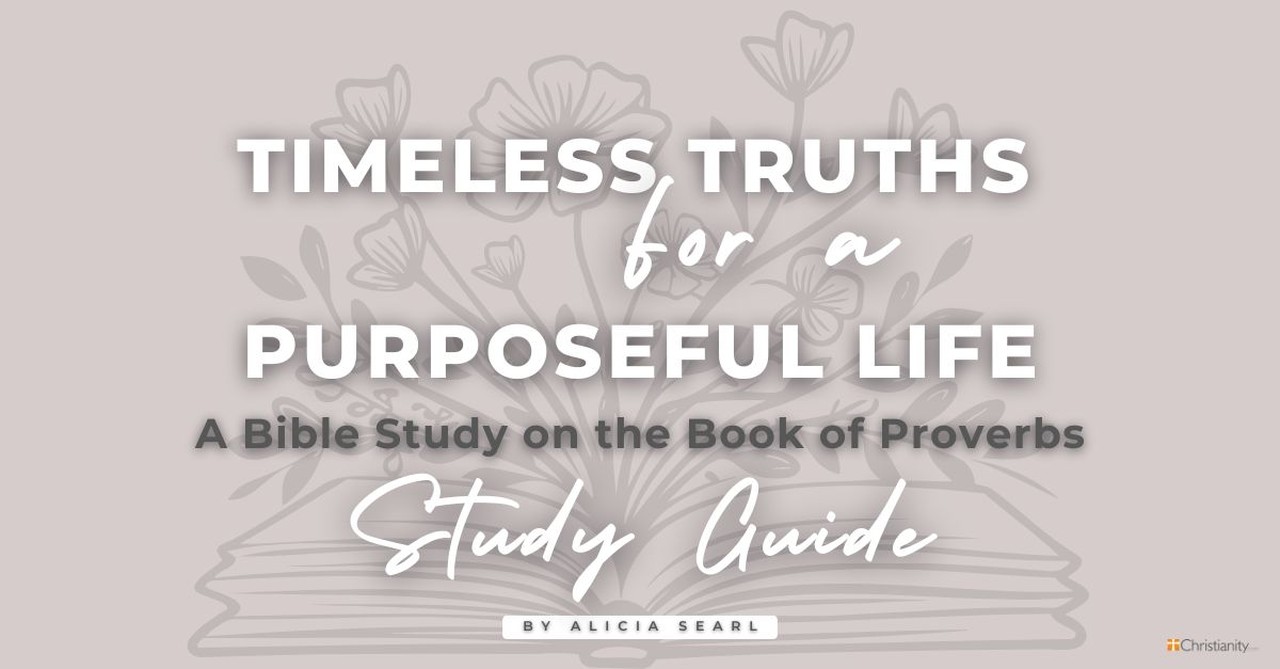Leviticus 21:7-14
7 They shall not marry a prostitute or a woman who has been defiled, neither shall they marry a woman divorced from her husband, for the priest is holy to his God. 8 You shall sanctify him, for he offers the bread of your God. He shall be holy to you, for I, the Lord, who sanctify you, am holy. 9 And the daughter of any priest, if she profanes herself by whoring, profanes her father; she shall be burned with fire.
10 "The priest who is chief among his brothers, on whose head the anointing oil is poured and who has been consecrated to wear the garments, shall not let the hair of his head hang loose nor tear his clothes. 11 He shall not go in to any dead bodies nor make himself unclean, even for his father or for his mother. 12 He shall not go out of the sanctuary, lest he profane the sanctuary of his God, for the consecration of the anointing oil of his God is on him: I am the Lord. 13 And he shall take a wife in her virginity.[1] 14 A widow, or a divorced woman, or a woman who has been defiled, or a prostitute, these he shall not marry. But he shall take as his wife a virgin[2] of his own people,




Matthew Henry's Commentary on Leviticus 21:7-14
Chapter Contents
Laws concerning the priests.
As these priests were types of Christ, so all ministers must be followers of him, that their example may teach others to imitate the Saviour. Without blemish, and separate from sinners, He executed his priestly office on earth. What manner of persons then should his ministers be! But all are, if Christians, spiritual priests; the minister especially is called to set a good example, that the people may follow it. Our bodily infirmities, blessed be God, cannot now shut us out from his service, from these privileges, or from his heavenly glory. Many a healthful, beautiful soul is lodged in a feeble, deformed body. And those who may not be suited for the work of the ministry, may serve God with comfort in other duties in his church.